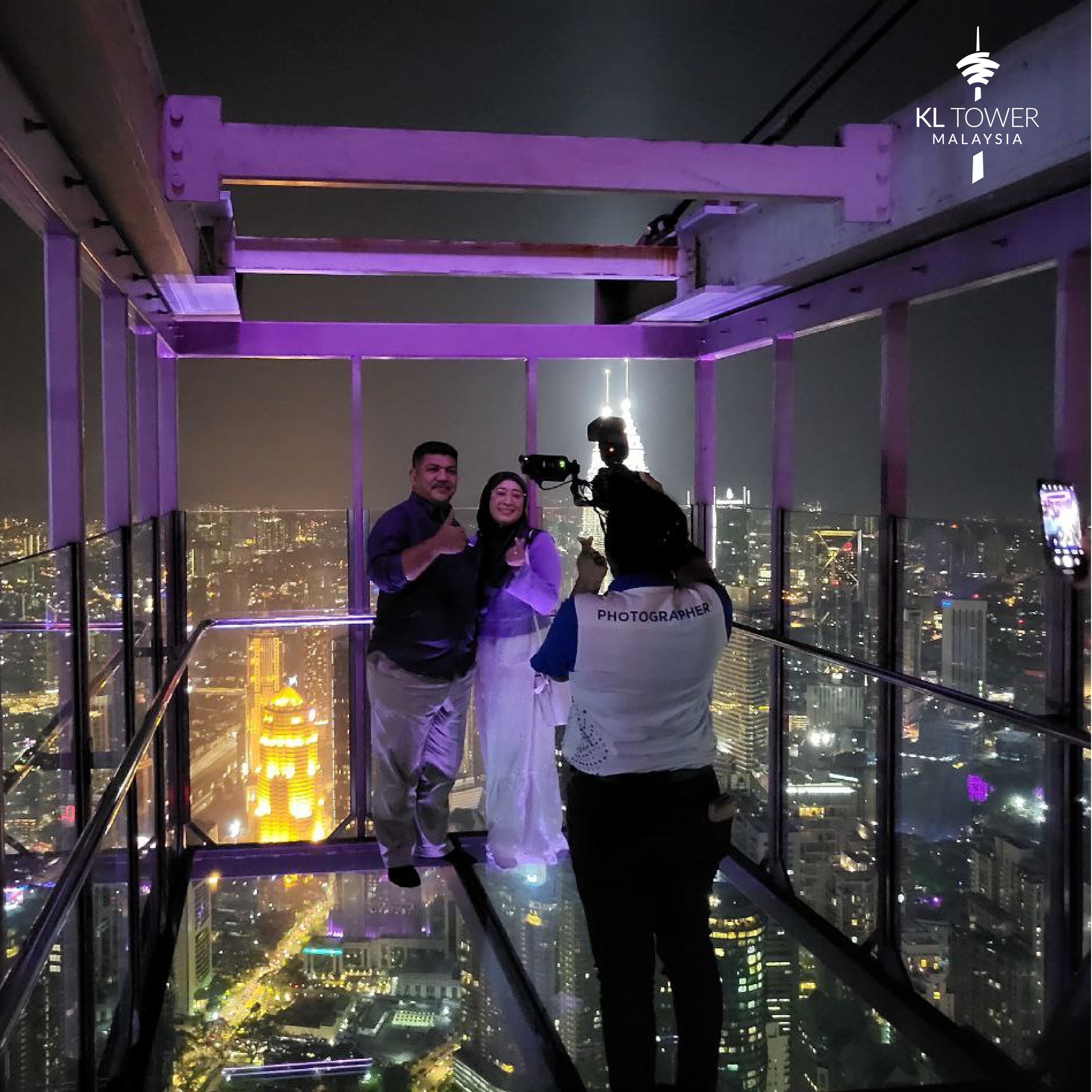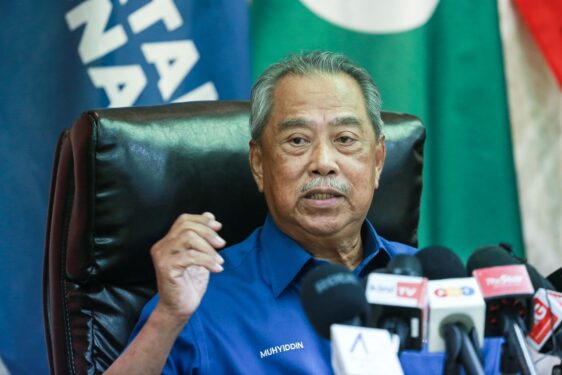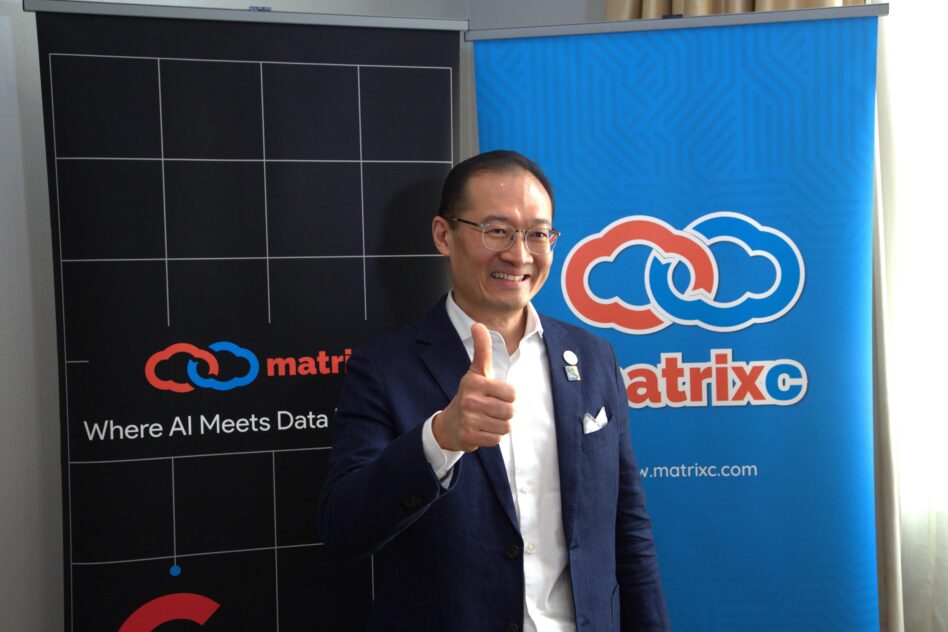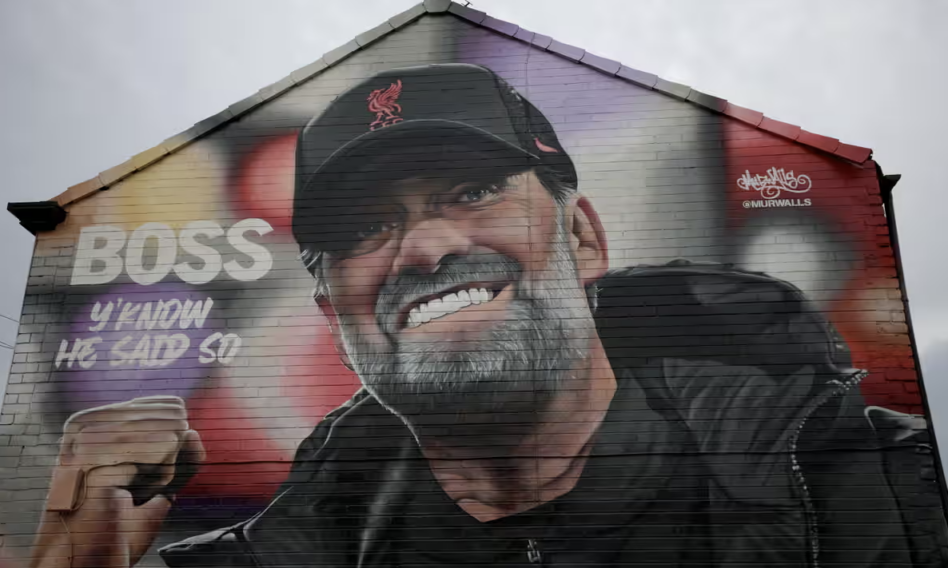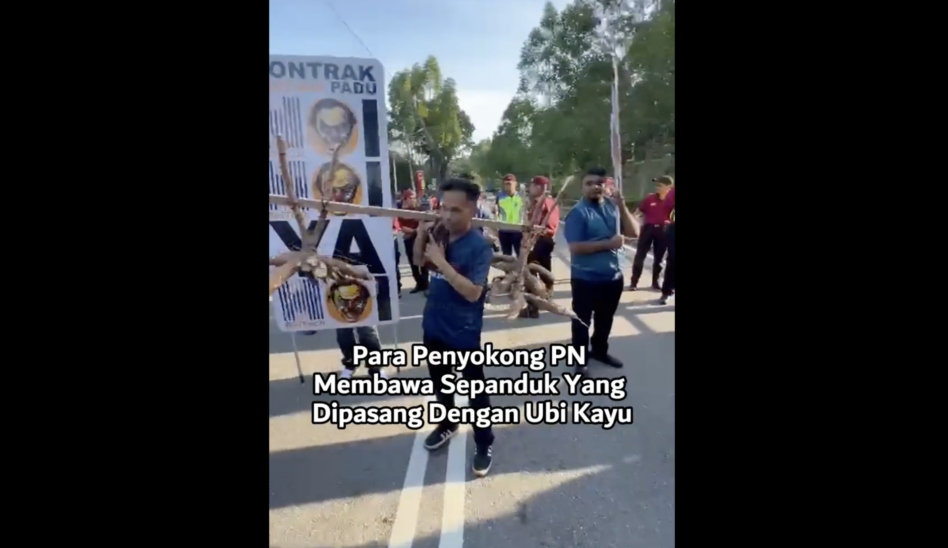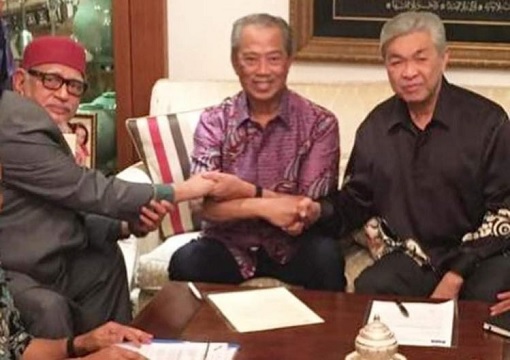THE Menara Kuala Lumpur (KL Tower) was an iconic self-made landmark achievement for Malaysia – literally and figuratively – when it was opened to the public in 1996.
It signalled worldwide Malaysia’s relentless roaring march – from a backward third world nation – to be among the top elite nations of the world. It gave confidence that the achievement of Vision 2020 would be an easy task to accomplish and that it was just a matter of bidding time.
Interestingly, both the KL Tower and Vision 2020 was launched in 1991.
Yet as we enter 2023, our country is mired in controversies: a divided and in-fighting citizenry, religious and racial hatred and intolerance, economy and finance in the doldrums, mainly spurred by mega corruption and unbridled abuse of power.
Yes, again self-made. Looking at every global indicator of progress, we seem to be plunging free-fall from the top of the tower into the abyss of despised, least developed countries.
But few would have imagined that the iconic KL Tower itself – the pride of all Malaysians – would be mired in controversy. Over the past couple of weeks, accusations have been flying around regarding a management take-over deal of KL Tower.
I am in no position to verify these accusations, and neither is it my intention to contribute to the debate. But it seems the focus now is to find the culprit/scapegoat to be nailed over this issue. This would be like missing the forest for the trees, and not dealing with the underlying cause or bigger picture.
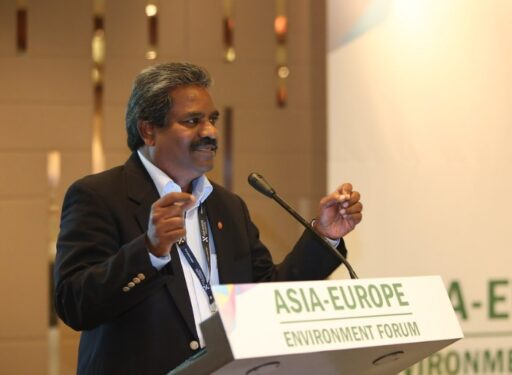
I look at this issue as just a symptom of a larger menace, the ecosystem of toxic symbiotic crony relationship among power abusers that ails our nation.
Therefore, I will revisit some commonsense concepts such as governance, principles, accountability, integrity, transparency and ask some basic questions that is on everyone’s mind but many seem to avoid.
Basic questions yet no answers
Before I raise the questions, let me put in context the information reported or publicly available regarding the KL Tower controversial deal.
The KL Tower was built and owned by the government using taxpayer’s money to provide telecommunication services.
Telekom Malaysia Bhd (TM), a public listed company with majority ownership by the government, was given the concession to operate, manage, and maintain the facility right from its launch in 1996. A natural fit, and absolutely no issue on how the deal was handled then.
TM established a wholly owned subsidiary Menara Kuala Lumpur Sdn Bhd (MKLSB) to manage this concession. According to an announcement by TM, the latest concession was made in 2011 for a period of ten years.
Based on a query by Bursa Malaysia on March 15, 2011, TM clarified that the “maintenance fees payable by the government under the concession to MKLSB is RM60.5 mil for a period of 10 years”.
The concession presumably ended in 2021 with TM having informed the government that it is not interested to renew the concession as it is not part of its core business. It was also reported that MKLSB made a net profit of RM25 mil in 2018.
Consequently, upon being informed by the government the concession is now given to Hydroshoppe Sdn Bhd, a private company involved in general trading, TM sold the entire equity of MKLSB to HSB for RM3.8 mil on Oct 31, 2022.
MKLSB is now a wholly owned subsidiary of Hydroshoppe which continues to operate the KL Tower as before.
Now my commonsense questions are:
- Why didn’t TM request for an extension of the concession agreement?
Its justification was it is not part of its core business. But in the 2021 financial statement, MKLSB was listed as a ‘business support and corporate function’. TM was full of praise when it was awarded the concession in 2011.
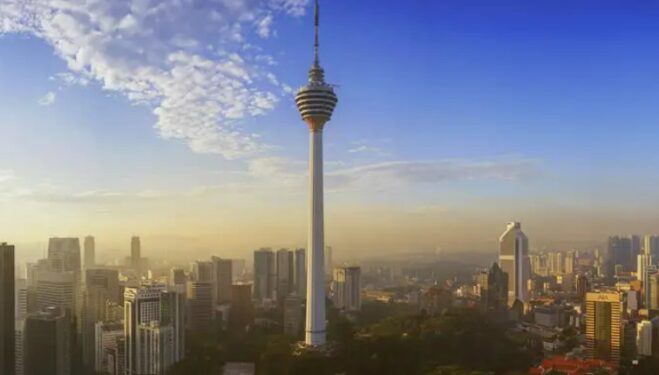
Granted there is an element of tourism and hospitality as an ancillary activity, but the main business is operation and maintenance of the telecommunication tower.
Even though technology may have outdated the utility of telecommunication services, MKLSB’s accumulated experience of over 26 years would be invaluable for operations and maintenance of any telecommunication infrastructure/facilities elsewhere.
- Even so, why did TM sell off a profitable business earning a net profit of RM25 mil annually to a private company?
Isn’t this against the interest of the majority shareholder, the government and consequently the taxpayers, including the minority shareholders? Can TM justify it could make more than RM25 mil from the opportunity cost of selling MKLSB, specifically with the RM3.8 mill sale price? Why sacrifice its trained and skilled staff in operations and maintenance of over 26 years?
- How was the RM3.8 mil MKLSB sale price determined?
Without resorting to technical jargon like discounted cash flow (DCF) or price earnings ratio (PER), let me offer a simple valuation. If say for example you can get a 10% return on capital per year, in order to have a return of RM25 mil, one needs a capital of RM250 mil.
That essentially is the ballpark valuation. Granted, without the concession to generate revenue, the valuation will be lower. But the MKLSB tangible and intangible assets (such as goodwill) will be quite significant in value. Just compare the value of a new start-up, and a similar profitable business of 26 years.
Mind you, the paid-up capital of MKLSB itself is RM10 mil at par value. The sale price of RM3.8 mil seems grossly undervalued and can’t even recover the original capital put in.
- On what basis was Hydroshoppe evaluated and chosen?
Was there an open tender to get the most competitive bid? Even if TM refused the concession, why not as a first option offer it to another relevant government agency like the Tourism, Arts, and Culture Ministry?
What are the terms of the concession? Does the government still need to pay the fees for maintenance to this new company? Does the government have any share of the revenue, estimated at RM25 mil annually, now that it accrues to two private shareholders only?
The government cannot categorise the concession agreement as official secret to protect two individuals and probably scam 32 million citizens.
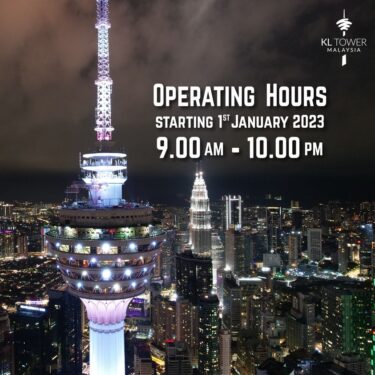
- Was there a secret pre-arrangement to sell MKLSB to HSB in order to qualify and enable HSB to manage the concession?
Without MKLSB, Hydroshoppe certainly cannot manage the concession. If the government is so generous with public assets, why not offer it a makcik operating a nasi lemak stall?
Banks will be lining up to offer her a loan of RM3.8 mil to take over MKLSB, and the makcik can pocket RM25 mil a year doing nothing. Investors will also be lining up to buy the concession over from the makcik for extra millions. At least the makcik will be kind enough to share it with all her kampung folks.
- Many more questions, but this will sum it up.
Would Prime Minister (PM) Datuk Seri Anwar Ibrahim make better use of the annual RM25 mil profit to subsidise the paddy farmers, chicken and eggs, or alleviate hard core poverty? All it needs is to park MKLSB under a relevant government agency.
What paradigm shift?
PM Anwar in his new year message said, “there needs to be a paradigm shift, not only in the mindset of those who govern, but also policies of development on the ground …will not tolerate those in government and authority who are negligent and then tamper and destroy … will monitor government-linked companies (GLCs) and watch their expenditure”.
But referring to this particular case, his ministers seem to be operating on the old paradigm. The questions I raised above could be easily answered if the minister requested so.
Communications and Digital Minister Fahmi Fadzil said he has been briefed on the matter by ministry officers on Dec 14 (2022) and would be meeting with TM on Jan 3 (2023). TM’s statement to Bursa Malaysia on Dec 29 raised even more questions.
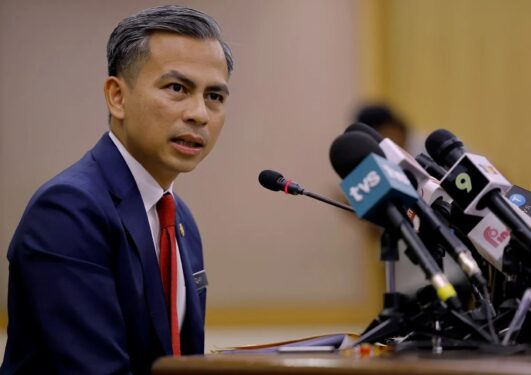
Hopefully when the minister meets the press thereafter, he would answer the questions above. We are not asking for investigative reports, who the culprit was or whether any scam happened, but just bare readily available facts.
Immediate responses would assuage the public there is no cover-up. This is what transparency is all about.
Anwar has been steadfast on his mission to eradicate corruption from day one. In fact, all midnight deals after Parliament dissolution (on Oct 10 last year) should have been investigated as a matter of priority, and there is no need to wait for whistle blowers.
Another priority is to closely watch government concessions nearing its end, but which innovatively gets extended or taken over. I have written earlier about Amanat Lebuhraya Rakyat Bhd (ALR).
As witnessed in GE15, there are allegations that money from corruption and abuse of power have been used to fund election campaigns, materials and resources, finance social media influencers, and of course vote-buying.
Eliminating this scourge will build confidence of the people and strengthen the government. Just cut the money trail and their voters will disappear – no need to pander to the whims of coalition and opposition political leaders.
As I write this piece, I cannot resist feeling like the child who saw clearly that the emperor is not wearing any clothes. Hopefully the new government machinery will tackle head on, speedily and without fear or fervour any abuse of power, just as how Anwar is so impatient.
There should be no more excuses such as the unity government is new or need to tread carefully among its disparate coalition partners.
Otherwise, I, too, might have to wear rose-tinted or dark glasses like many in authority, for my own good. – Jan 3, 2023
Dr Raman Letchumanan PhD is a former Senior Fellow at the Nanyang Technological University of Singapore, a former director at the Ministry of Science, Technology and Environment, and a former head of environment/disaster management at the ASEAN Secretary in Jakarta.
The views expressed are solely of the author and do not necessarily reflect those of Focus Malaysia.
Main pic credit: Menara Kuala Lumpur’s Facebook


